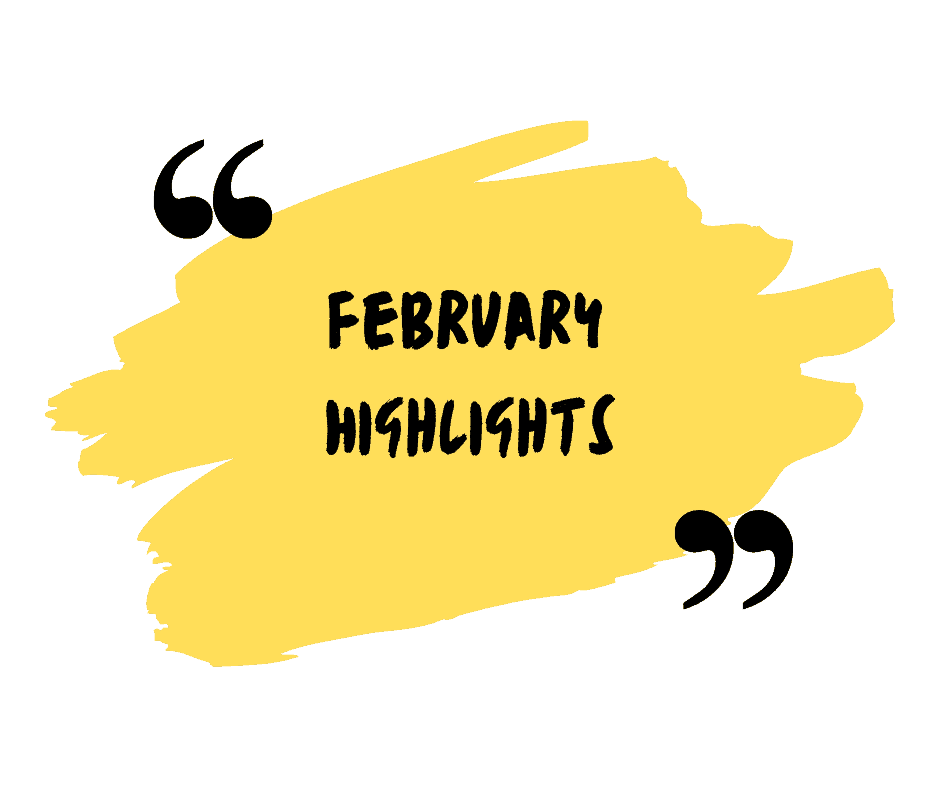Dublin, 10th February 2022
ELITE-S February highlights: Call 3, publications, new projects!
2022 has started at full speed. We have finalized our 3rd and final call for proposals; our fellows have been achieving great impact in their fellowships through publications, applications to new schemes and securing funding for new projects!
Our third and final call for proposals was completed in January and we are now working towards finalizing the last details before we can officially announce the new fellows joining the programme. The COVID-19 pandemic still caused great impact in the number of received applications but we are very happy with the quality of the applications received. We will soon provide details on the newly selected projects!
The current cohort of fellows from call 2 have now completed a year and we couldn’t be more excited about their progress. Dr Alcardo Barakabitze (DCU) has collaborated with researchers from Italy, Australia, and the UK in the publication entitled “Supervised-learning-Based Quality of Experience (QoE) Prediction of Video Streaming in Future Networks: A Tutorial with Comparative Study”. The paper provides a tutorial on the development and deployment of the QoE measurement and prediction solutions for video streaming services based on supervised learning ML models. This paper was published in IEEE Communications Magazine, and you can check it out here.
Dr. Mansoor Ahmed (MU) has collaborated with researchers from Pakistan, Italy, UK, and Korea to publish the study “Energy Theft Detection in Smart Grids: Taxonomy, Comparative Analysis, Challenges, and Future Research Directions”. The publication is available at the IEEE/CAA Journal of Automatica Sinica, and it provides a detailed survey where many state-of-the-art Energy Theft Detection (ETD) techniques are studied and analysed for their strengths and limitations You can read the full text here.
Dr. Muhammad Salman Pathan (UCD) has been invited to present 3 papers at PIERS 2021 (PhotonIcs & Electromagnetics Research Symposium) in China. PIERS publishes peer-reviewed original and comprehensive articles on all aspects of electromagnetic theory and applications. Dr. Salman presented the following topics: i) Analysing impact of time on early detection of rainfall event; ii) Efficient forecasting of precipitation using LSTM, and iii) Estimating ground-level nitrogen dioxide concentration from satellite data. Proceedings here.
Dr. Bruno Andrade (MTU) and Dr. Tijana Milosevic (DCU) have submitted applications for the ERC starting grant 2021. The call closed on January 13th and this scheme funds applications from researchers who are ready to take the lead in their research by driving the state-of-the-art further and producing great research excellence. Dr Milosevic has also secured funding for the project “AI in my life” in partnership with The National Anti-bullying Centre in DCU and the FUSE Project to develop a series of workshops on cyberbullying.
Dr Subhashis Das (DCU) has recently been awarded an ISO Grant and he has recently been interviewed by ISO and looked at the health benefits of ISO standards. In this interview, Dr Das explains how his work will establish links between standards and improving healthcare for all. The ISO Research Grant is awarded every year, with calls for proposals for the 2022 award to be launched in January 2022. The research carried out by Dr Das is expected to be completed in October 2022. Read the full interview here. He has also published a paper entitled “Micro-credentials for interoperability” available on Open Research Europe, the European Commission open-access platform. Read the paper here.
The ELITE-S Fellowship Programme is co-funded by the European Union’s Horizon 2020 programme under the Marie Skłodowska-Curie Grant Agreement No. 801522, by Science Foundation Ireland and co-funded by the European Regional Development Fund through the ADAPT Centre for Digital Content Technology Resource Centre grant number 13/RC/2106_P2






